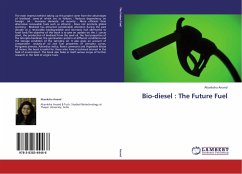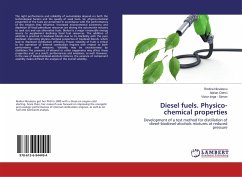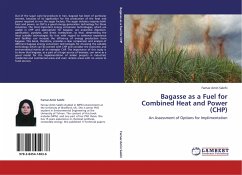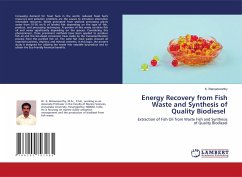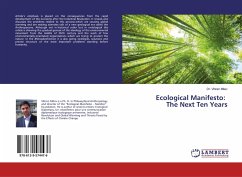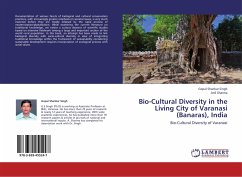The main impetus behind taking up this project came from the advantages of biodiesel, some of which are as follows: - Reduces dependency on foreign oil. - Increases domestic oil security. - More efficient than alternative renewable fuels such as ethanol. - Does not promote global warming . Biodiesel has attracted considerable attention during the past decade as a renewable, biodegradable and non-toxic fuel alternative to fossil fuels.The objective of this book is to give an update on the J. curcas plant, the production of biodiesel from the seed oil, the fuel properties of the Jatropha biodiesel, the germination pattern at different conditions and the storage condition of the Jatropha oil. It also gives an account of comparative analysis of oil and fuel properties of Jatropha curcas, Pongamia pinnata, Azhardica indica, Ricinis communis and Vegetable Waste oil. Hence this book is useful for those who have a technical interest in the field of environment. The book also hides in itself various scope of further research in the field of engine fuels.
Bitte wählen Sie Ihr Anliegen aus.
Rechnungen
Retourenschein anfordern
Bestellstatus
Storno

